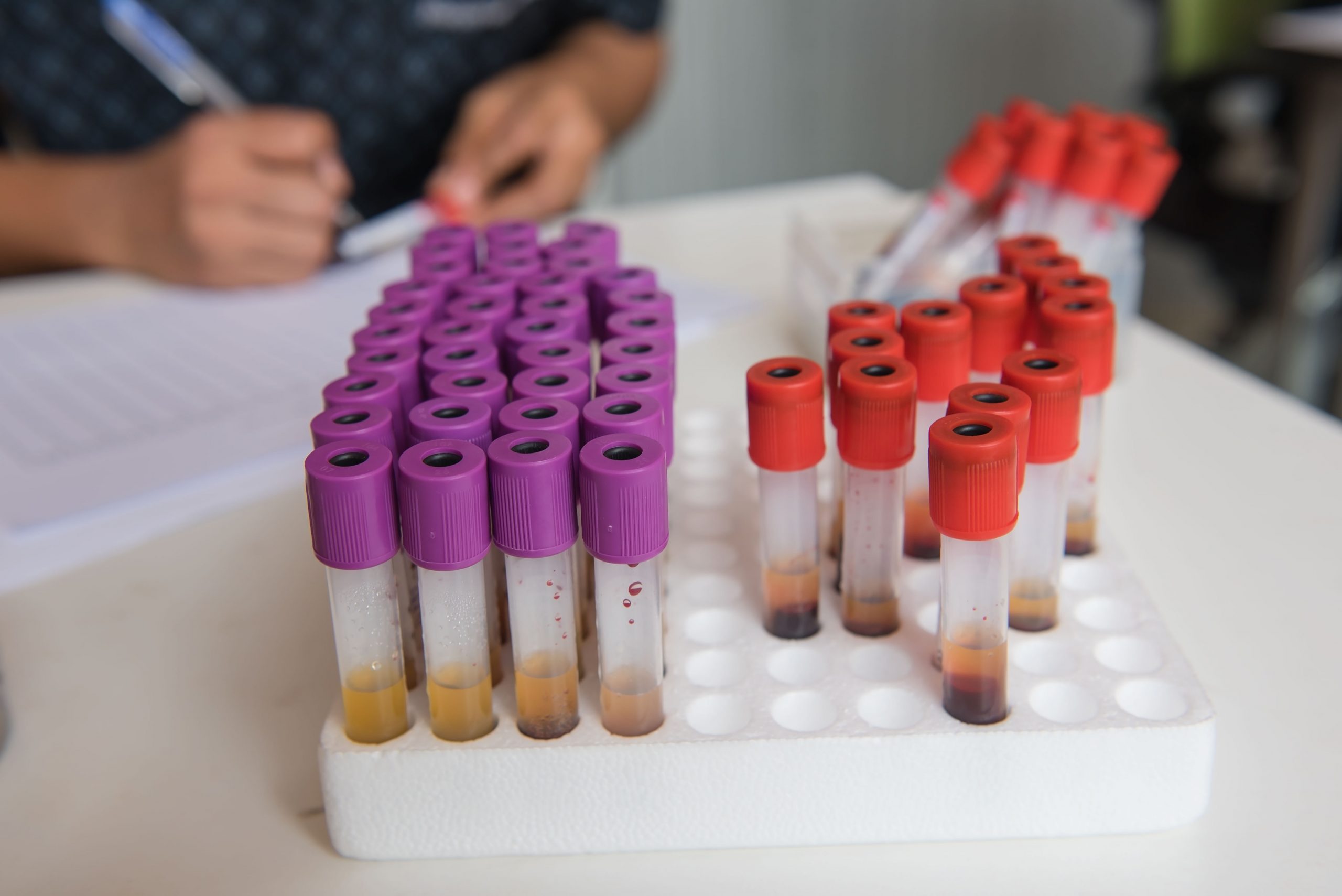Levels of MCP-1 Molecule in CSF Linked to Disease Progression, Study Finds

The levels of monocyte chemoattractant protein 1 or MCP-1 — a molecule that helps guide certain types of immune cells to inflammation sites — in the cerebrospinal fluid are associated with disease progression in people with Parkinson’s, a study shows.
But the MCP-1 levels in the clear fluid that surrounds the brain and spinal cord cannot help distinguish between Parkinson’s disease and multiple system atrophy, known as MSA, the researchers found.
The study, “Cerebrospinal fluid monocyte chemoattractant protein 1 correlates with progression of Parkinson’s disease,” was published in the journal Parkinson’s Disease.
Parkinson’s and MSA are two types of neurodegenerative disorders that share many clinical features. The overlap of symptoms in both diseases makes diagnosis difficult, especially at their early stages.
“Since the gold standard diagnosis is postmortem brain tissue examination, there is a need to discover good biomarkers for diagnosis at early disease stages, and to establish biomarkers that may predict disease progression,” the researchers wrote.
Cytokines like MCP-1 and neuroleukin, or NLK, are molecules that mediate the body’s immune and inflammatory responses. Since brain inflammation plays a key role in both Parkinson’s and MSA, it is possible that these pro-inflammatory cytokines may be used as biomarkers to distinguish the two disorders from each other — and to estimate the progression of both diseases.
To investigate both MCP-1 and NLK’s potential as disease biomarkers, researchers at Radboud University Medical Center, in the Netherlands, measured the levels of both cytokines in the cerebrospinal fluid of 46 patients with Parkinson’s, 17 with MSA, and 52 individuals who had neither a neurological nor an inflammatory disease (controls).
The levels of both cytokines in the CSF of all the study participants were measured by an enzyme-linked immunosorbent assay (ELISA), a technique that allows investigators to assess the levels of certain molecules using an enzymatic reaction.
The researchers found no significant differences in the levels of MCP-1 and NLK between the three groups, and concluded that both cytokines were unsuitable to distinguish patients with Parkinson’s from those with MSA.
Nevertheless, there was a mild positive correlation between the levels of MCP-1 in the CSF and Parkinson’s disease progression, suggesting that MCP-1 might be useful as a prognostic disease biomarker.
However, no association was found between NLK levels and Parkinson’s progression.
“Our results indicate that MCP-1 levels in CSF cannot distinguish between PD [Parkinson’s disease], MSA, and controls but correlate with disease progression in PD patients, suggesting that neuroinflammation is associated with clinical progression” in Parkinson’s, the researchers wrote.
“The correlation with disease progression was only moderate, so MCP-1 levels in CSF should be included in a larger battery of prognostic biomarkers that also tackle different pathophysiological processes [disease mechanisms],” they concluded.






